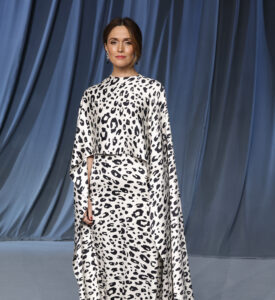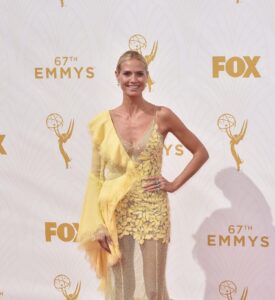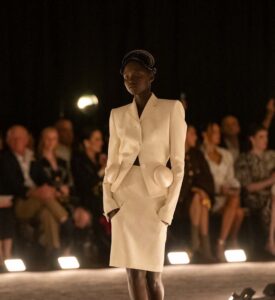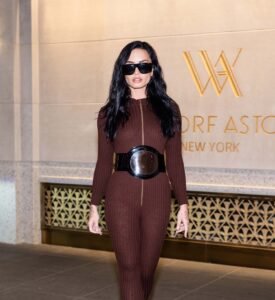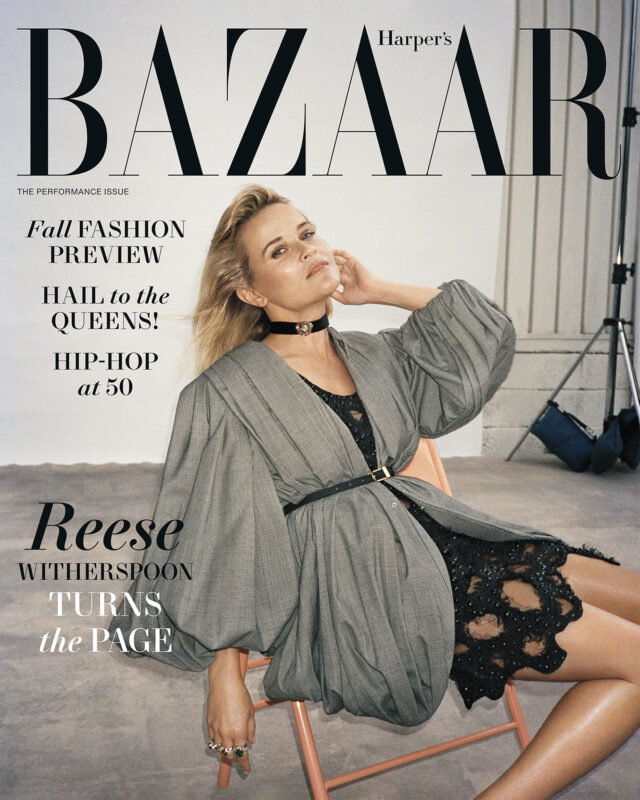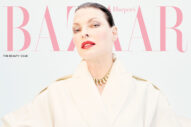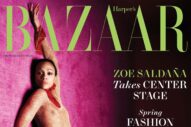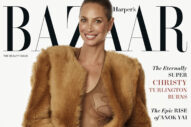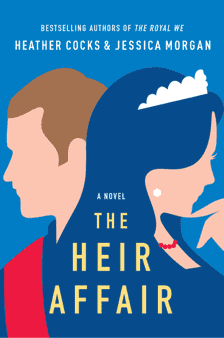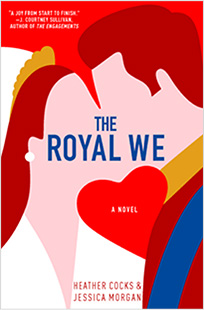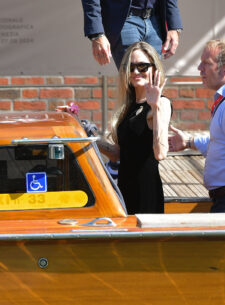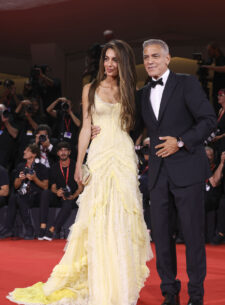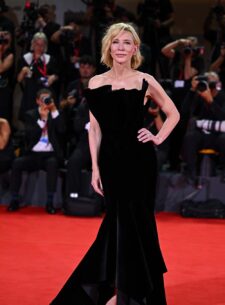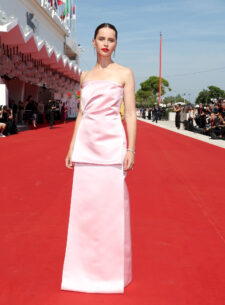(a) Reese feels like the absolute right person to cover “the performance issue,” if you’re not going to give it to an athlete for purposes of being literal, and (b) I DO think it’s possible this cover is trying to tell us that her dark secret is that her head is being held on by a ribbon.
The story is a good read! I don’t know if it treads any hugely ground — but I also don’t think Reese Witherspoon opens any doors she doesn’t want to open, so I’m not sure if it’s possible for a glossy mag to undercover new ground with her at this point. You know the story — she’s highly competent, she’s maybe a little bossy, she loves to read, she’s passionate about selling women’s stories (these are all good things!!), she’s getting a very reasonable divorce at the moment. I did think this was compelling, and a question that a lot of journalists wouldn’t think to ask:
[I] f you were around high school age when Fear came out, you probably saw it. If you did, you probably remember the roller-coaster scene. It’s a fairly tame sex scene in which Witherspoon’s character, Nicole, is digitally stimulated by Wahlberg’s character, David, who is her love interest. But the ingredients—two young actors ascending to peak popularity (Wahlberg, fresh off his 1992 Calvin Klein campaign, was in the process of launching his acting career), a theme-park ride, and the fact that you see a woman orgasm (still a rarity on-screen)—made for a scene that would imprint on countless teenage brains.
“I didn’t have control over it,” Witherspoon tells me matter-of-factly, noting that she requested a stunt double for the below-the-waist scenes. “It wasn’t explicit in the script that that’s what was going to happen, so that was something that I think the director thought of on his own and then asked me on set if I would do it, and I said no. It wasn’t a particularly great experience.”
I tell Witherspoon that I’m sorry that she was put in that position at such a young age, but it’s clear that she isn’t looking for any sympathy and that this story is just one of many that have shaped her. “I’m certainly not traumatized or anything by it, but it was formative,” she says. “It made me understand where my place was in the pecking order of filmmaking. I think it’s another one of those stories that made me want to be an agent for change and someone who maybe can be in a better leadership position to tell stories from a female perspective instead of from the male gaze.”
Good for Reese, seriously. (I also learned that she was up for Clueless, which makes total sense.)
